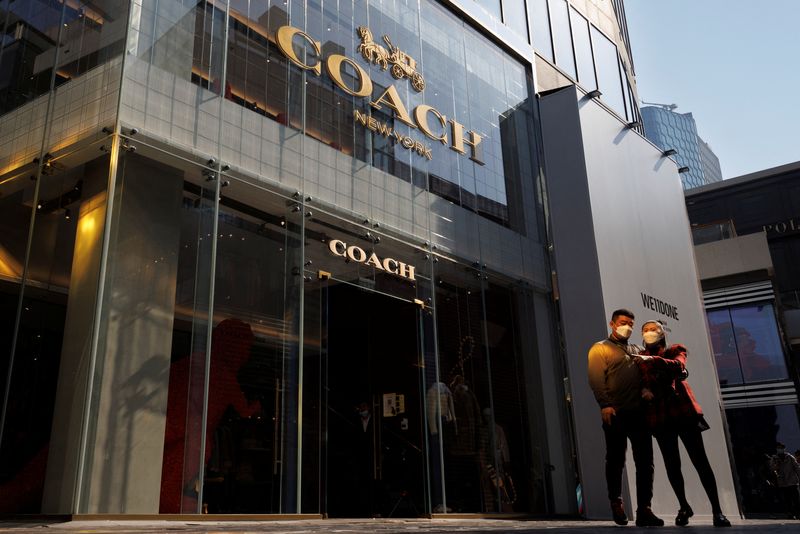Follow us on LinkedIn
The term auditing is synonymous with the external audit process. In this process, independent auditors examine a company’s financial statements and provide their opinion. However, other areas within auditing exist, which can also be crucial for companies. One of these includes compliance audits. These audits can be critical in avoiding compliance-related issues.
What is a Compliance Audit?
Companies and businesses operate in a modern environment where regulations dictate their operations. These regulations may be financial, technological, environmental, or health- and safety-related. Usually, these audits are not mandatory. Essentially, compliance audits help companies evaluate whether they satisfy specific rules or standards. These rules may come from the government or the applicable markets.
Compliance audits are crucial in assessing compliance with external regulations. However, they can also help companies internally with corporate-level evaluations. Companies can perform a compliance audit against a set standard. The audit report for these audits differs from others. Usually, this report evaluates the strengths and weaknesses within specific rules and regulations.
How does a Compliance Audit work?
Companies use compliance audits to assess whether they follow specific rules or standards. Every jurisdiction has its set of regulations to which companies must adhere. Therefore, compliance audits differ from one area to another. However, the process may remain similar. Companies may perform these audits internally through their employees or hire a team of independent auditors.
Compliance audits evaluate a company’s performance in adhering to rules and regulations. They allow companies to perform a formal review of their procedures and operations. Usually, the objective of this process is to compare that performance with existing regulations. In some cases, these audits can also help companies internally. However, compliance audits differ from internal audits.
What is the difference between Compliance Audits and Internal Audits?
Compliance and internal audits may follow a similar structure and procedure. However, they differ in several critical aspects. Primarily, internal audits occur through employees to measure overall risks and adherence to standards. Compliance audits, on the other hand, focus on external regulatory standards. The primary difference between them is that internal audit reports are kept internal.
Compliance and internal audits also complement each other. Companies can use the latter to ensure adherence to rules and regulations before compliance issues. Usually, it is one of the primary areas where internal auditors focus. On top of that, internal auditors may also perform compliance audits within a company. However, these audits have a limited scope.
Why are Compliance Audits important?
Compliance audits are crucial for companies when adhering to various rules and standards. This process ensures companies follow all the required regulations and meet their requirements. On top of that, it also helps companies realize when these regulations get updated. Compliance audits enable companies to identify their strengths and weaknesses in adhering to set standards.
Compliance audits can also provide benefits beyond the audit process. These audits prevent penalties and help avoid legal issues. By doing so, it ensures companies don’t suffer from unnecessary expenses. Companies can also increase their reputation by following rules and regulations. On top of that, compliance audits help companies ensure a safe working environment.
Conclusion
Compliance audits involve checking adherence to specific rules and standards. These audits may be internal or external, depending on a company’s needs. Usually, compliance audits focus on external rules and regulations. However, companies can also use them internally for corporate-level evaluations. While these regulations may differ in various jurisdictions, the compliance audit process stays similar.
Further questions
What's your question? Ask it in the discussion forum
Have an answer to the questions below? Post it here or in the forum




